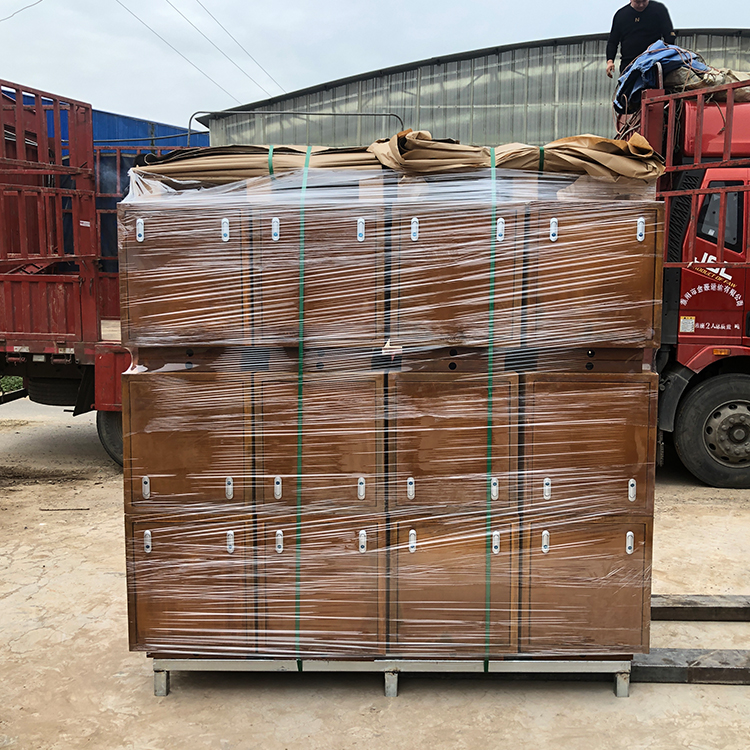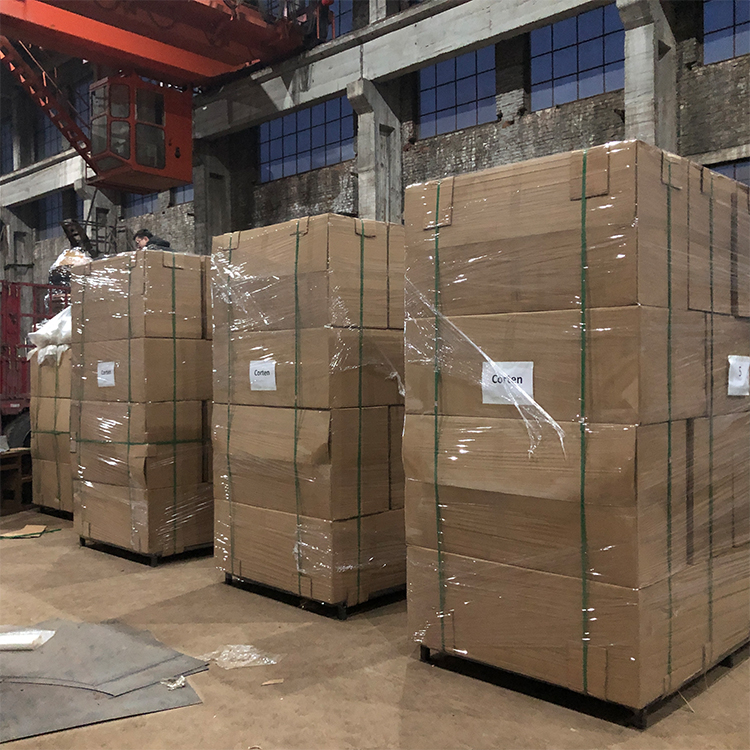A new variant of the SARS-CoV-2 virus, named Omicron, has emerged and is raising alarms across the globe. First detected in South Africa, it's spreading rapidly and has already been identified in several countries. This development has triggered a wave of concern among governments, health experts, and financial markets over the past few days.
Despite the growing fear, there’s still a lot we don’t know about Omicron. How dangerous is it? Is it more contagious or deadly than previous variants? Does it escape the protection provided by vaccines or natural immunity? These are all critical questions that scientists are working to answer as quickly as possible.
In this update, I’ll break down what we currently know, what remains uncertain, and what we can expect in the coming weeks. I’ll also explain what you can do now to stay informed and prepared, regardless of how things unfold.
Key Takeaways:
- Omicron has an unusually high number of mutations, especially in the spike protein, which has raised concerns among scientists.
- It's too early to determine whether Omicron is more transmissible, virulent, or capable of evading immunity compared to other variants.
- We should have a clearer picture within two weeks, as data from South Africa and other regions continues to emerge.
- Omicron does not appear to evade PCR or antigen tests — good news for tracking its spread.
- It’s unlikely to be widespread in the U.S. for at least several weeks, but the situation could change quickly.
- The biggest worry is that Omicron might overcome existing immunity, leading to a surge in cases that overwhelms healthcare systems.
- Vaccine manufacturers are already working on updates, but it may take up to 100 days before new versions are widely available.
How to Think About New Variants: Focus on the Data
Over the past year, the evolution of SARS-CoV-2 has shaped the course of the pandemic. In January 2021, we outlined three key properties that could make a variant more concerning: increased transmissibility, higher virulence, and immune escape. The Alpha, Beta, Gamma, and Delta variants have each exhibited one or more of these traits.
My analysis of Omicron will follow the same framework — using data from multiple sources to assess its potential impact. We need to remain cautious but avoid jumping to conclusions based on incomplete information.
What We Know About Omicron: A Highly Mutated Virus Spreading Fast
Omicron was first identified through genome sequencing, revealing over 30 mutations in the spike protein — many of which are found in previous variants, and some that are entirely new. These changes have sparked concern, as they may affect how the virus behaves in terms of transmission and immune evasion.
Unlike Delta, Omicron appears to have originated from an earlier lineage of the virus, possibly linked to the Beta variant. Some experts believe the mutation pattern suggests it may have evolved in an immunocompromised individual, where prolonged viral replication allows for more genetic changes.
Importantly, preliminary evidence suggests that Omicron does not evade standard diagnostic tests like PCR or rapid antigen tests. That means we can still track its spread effectively.
So far, Omicron has been detected in eight African countries, as well as Hong Kong, Israel, and Belgium. While the exact rate of spread is still unclear, early signs suggest it’s outcompeting other strains in South Africa, though more data is needed to confirm this.
What We Don’t Know: Transmissibility, Virulence, and Immune Escape
There are still many unknowns about Omicron. We don’t yet know if it spreads faster than Delta, if it causes more severe disease, or if it can bypass the protection offered by vaccines or prior infection.
Some early reports have suggested alarming numbers, such as an R0 500% higher than the original strain or a dramatic rise in cases in just two weeks. However, these claims lack solid data support and are likely exaggerated. It’s important to separate facts from speculation as more reliable information comes in.
Global Reaction: Panic, Travel Bans, and Market Volatility
The World Health Organization (WHO) quickly classified Omicron as a Variant of Concern, reflecting the level of concern among scientists. Governments around the world have responded with travel restrictions, primarily targeting southern African nations. The U.S., Israel, and the UK have imposed strict measures, while airlines are canceling flights and businesses are preparing for potential disruptions.
Financial markets have also reacted strongly, with global equities dropping sharply, particularly in travel and energy sectors. Analysts predict further volatility if the situation worsens.
While travel bans may not fully prevent the spread of Omicron, they could buy time for countries to prepare. The effectiveness of these measures will depend on how quickly governments respond once the variant becomes more widespread.
When Will We Have Answers?
Within the next two weeks, we should gain a clearer understanding of how fast Omicron is spreading and whether it’s driving the recent surge in cases in South Africa. Early lab results on its interaction with vaccines and antibodies are expected soon, and more data on its behavior in different populations will follow.
However, definitive answers about its virulence and long-term impact may take longer — possibly months — as hospital data and real-world outcomes become available.
What If Omicron Evades Immunity?
If Omicron proves to be a significant immune escape variant, the implications could be serious. It might reduce the effectiveness of current vaccines, making even vaccinated individuals vulnerable to infection. This could lead to a resurgence of cases, especially in highly vaccinated populations.
That said, most experts believe Omicron may fall somewhere between the Beta and Gamma variants — offering partial immune escape but not complete resistance. Even if it evades some forms of immunity, it may still provide some protection against severe disease, especially in vaccinated individuals.
Pharmaceutical companies are already working on updated vaccines and therapies. mRNA-based vaccines, like those from Pfizer and Moderna, can be modified relatively quickly, with new versions potentially ready within 6–100 days. Other vaccine types and antibody treatments may take longer to adapt.
What You Can Do Now
The key takeaway from Omicron is that the pandemic isn’t over. Even if this variant turns out to be less severe, we must continue to take precautions. Here are some steps you can take right now:
- Stay informed with trusted sources and avoid spreading unverified information.
- Consider stockpiling essential supplies, including masks, testing kits, and medications.
- Plan ahead for large gatherings or travel, and be ready to adjust your plans if the situation worsens.
- Get vaccinated and boosted if you haven’t already — vaccines remain our best defense.
- Monitor local health guidelines and follow public health recommendations.
While we wait for more clarity, staying proactive and informed is the best way to protect yourself and your community. The coming weeks will be critical, and being prepared now can help minimize the impact of any potential surge.
Rust Color Corten Steel Flower Planter
Corten steel flower pots&planter is made of corten steel,Which can be used to plant different kinds of flowers and widely used in garden. With the cone shape and simple design, it brings a new touch of style to your home or garden. Corten Steel Planter is designed in simple but practical, which is popular in Australia and European countries.
Our Corten steel planters are made using high quality corten steel. Specifications include 2.0mm thick corten steel on the side panels, laser cut, folded, welded and dressed.
| Name |
Rust Color Corten steel flower planter |
| Material | Corten steel |
| Size | 1500*500*600mm or customized |
| Steel thickness | 2mm |
| Packing | Pallet/carton/wooden box packing |



Packing
Packing will by pallet/carton/ wooden box,according to different demand.



Flower Planter,Plant Pots,Flower Pots,Garden Pots
Henan Jinbailai Industrial Co.,Ltd , https://www.gardensteelarts.com